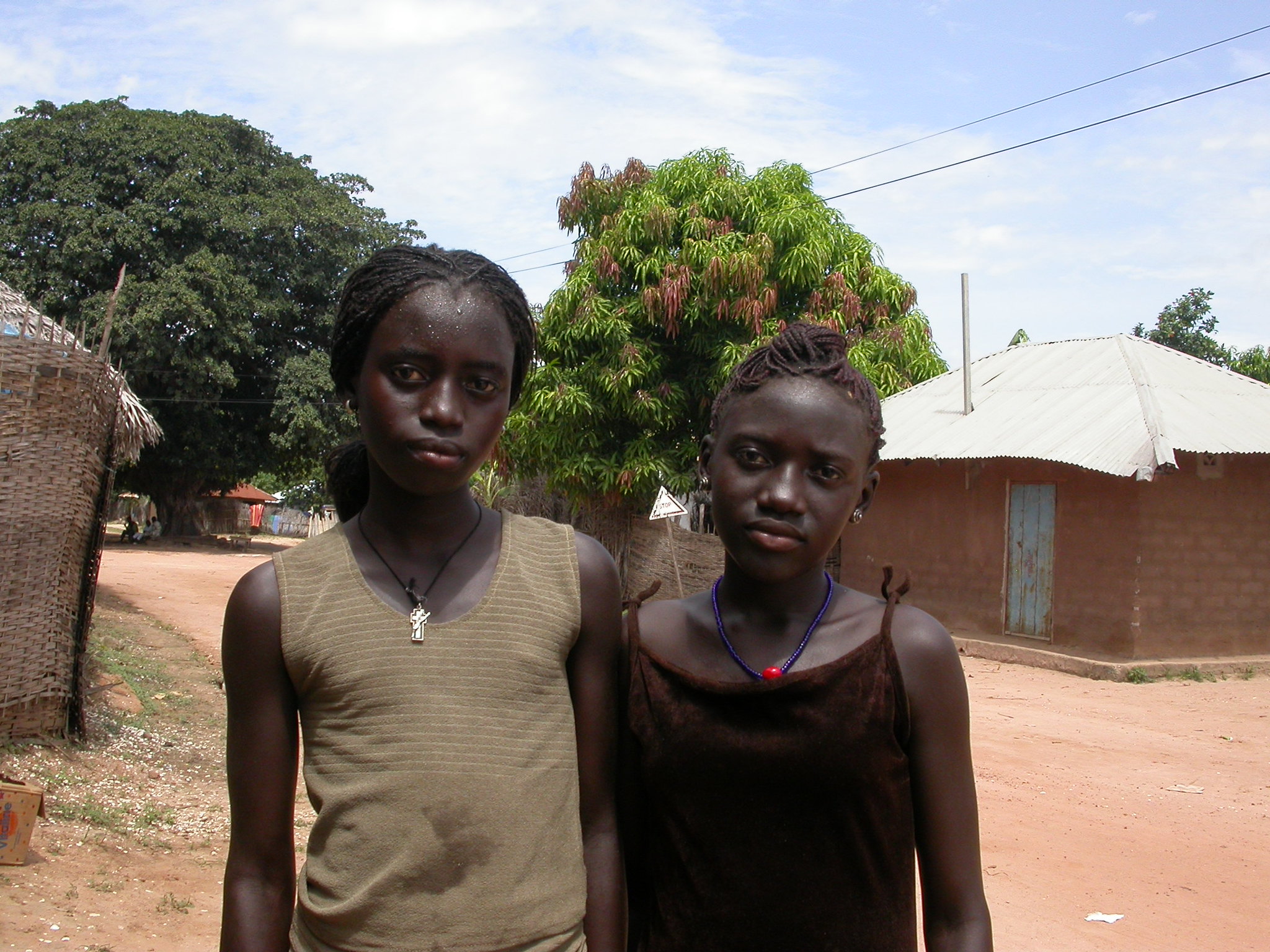Fighting Homelessness in Senegal
 Senegal is often seen as a stable country politically and economically relative to its neighbors in the West African region. This perception has been further validated in the last decade with its peaceful elections and a GDP growth averaging approximately 6% since 2014. Still, the country is not without its challenges. Though poverty hasn’t been measured since 2011, it is estimated that around 39% of the population lives below the poverty line. Homelessness in Senegal is a major consequence of poverty that needs urgent attention, especially amid COVID-19.
Senegal is often seen as a stable country politically and economically relative to its neighbors in the West African region. This perception has been further validated in the last decade with its peaceful elections and a GDP growth averaging approximately 6% since 2014. Still, the country is not without its challenges. Though poverty hasn’t been measured since 2011, it is estimated that around 39% of the population lives below the poverty line. Homelessness in Senegal is a major consequence of poverty that needs urgent attention, especially amid COVID-19.
Street Youths of Dakar
In Senegal, homelessness especially affects many children. In the capital city of Dakar, which has a population of 1.06 million people, an estimated 40,000 street youths are without shelter. Some of these children are Talibes. Talibes are “youths from Koranic schools known as daaras who are forced to beg for money. There are also those who fled such schools. Others come from broken families or have lost their homes because of poverty.”
Recently COVID-19 and the resulting lockdown have exasperated the lives of these homeless children in Senegal. The thin protection these children once had in small generosities from restaurants and pedestrians have been erased as services and public pedestrian presence have gone dormant for lockdown. Lackluster sanitation and drug usage compound the street youths’ vulnerable position amid the COVID-19 pandemic. As of early July 2020, Senegal has reported thousands of cases of COVID-19 and under 100 deaths.
Helping Hands
In April, Senegal’s Ministry of Family launched a coronavirus emergency plan for street children, opening up about 13 educational social centers and other venues in Dakar. Outside of government support, NGOs like the French-Senegalese Village Pilote has aided homeless children in Dakar sprung into action. Village Pilote offers homeless children in Senegal meals and shelter as well as space for recreation. Issa Faye, a 19-year-old living on the street told Reuters: “Because of the disease people were avoiding us, we had problems getting (medical) treatment, and also the police kept running after us. Only this centre accepts children and youngsters our age and from the streets…”
Value of Aid
COVID-19 highlights how easily vulnerable demographics such as the homeless street youths of Senegal can be left behind without consideration, underscoring the value of aid. Supporting funding for the International Affairs Budget to address the consequences of the pandemic is also essential to protecting the health, security and economic interests of all Americans.
– Caleb Hughes
Photo: Flickr
